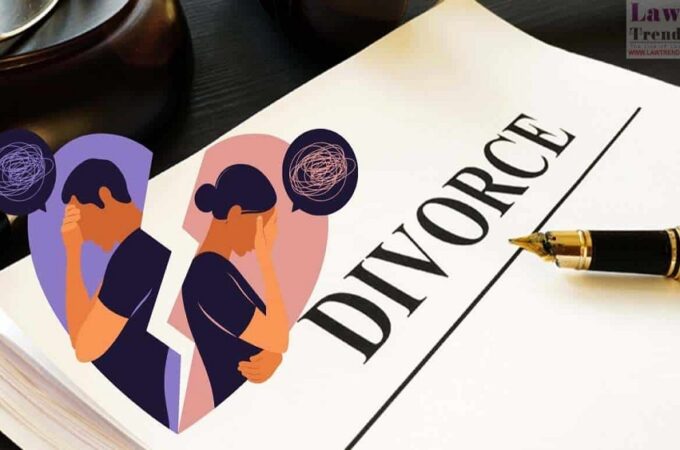
Failure to Show Isn’t the Only Reason for Default Judgments
The verdicts rendered in civil litigation are known as judgments. Oftentimes, judgments are monetary in nature. A judge can find in favor of either party or decide that both parties are equally negligent. Courts can even enter default judgments under some scenarios.
Most default judgments are the result of one party or the other failing to show up for court. But it is not the only reason. Courts have considerable leeway depending on the types of cases they hear. In the end though, a default judgment is the last thing a plaintiff wants.
Basics of the Default Judgment
A default judgment is entered when circumstances do not give a court any other choice. In addition, they are rendered without an actual trial. This is why they are so common when one party does not show up at a scheduled hearing. A trial cannot proceed if neither party is present.
Imagine being a landlord suing a tenant for not paying rent. You are hoping to go to trial to obtain a judgment that includes back rent plus your legal costs, repair costs, and the expense of having to break a lease early and find a new tenant. But what happens if the person you are suing does not appear in court? The court is likely to enter a default judgment on your behalf.
That default judgment recognizes the legal existence of the debt in question. It also gives you the legal authority to begin formal collection efforts. Whether that means turning collection over to an attorney or hiring a collection agency, you can proceed.
Other Reasons for Default Judgments
Not showing up in court is perhaps the most common reason default judgments are entered. But according to judgment collection agency Judgment Collectors, other reasons exist. At the top of the list is a defendant’s failure to respond to the initial civil summons. Failing to respond results in the same circumstances as failing to show up in court: you cannot have a trial. Therefore, a default judgment is entered.
Yet another reason is destruction of evidence. Such was the case in a recent lawsuit out of West Virginia. Apparently, one of the jails in the state was sued by defendants who believed their civil rights had been infringed upon. As is normally the case, the jail and its staff were required to preserve any and all records that could be evidence in the case. They failed to do so.
Their failure to preserve documents was interpreted by a magistrate judge as a willful decision to destroy evidence. He recommended to the federal judge handling the case that a default judgment be entered against the jail. He cited the jail’s unwillingness to preserve records as a willful demonstration of a lack of cooperation.
Why Default Judgments Aren’t Good
So why would a plaintiff not want a default judgment? Because defaulting is unmistakable evidence that the other party is not going to participate actively and willingly. Even if you win the judgment, the chances of that party willfully complying with its conditions are not very high. And particularly where monetary judgments are concerned, plaintiffs stand a particularly good chance of not getting paid.
Courts can enter default judgments for a variety of reasons. Even though the most common reason is one party’s failure to show up in court, a default judgment could be entered at any point at which a court determines that one party or the other is not fully cooperating. Default judgments are a necessary part of the equation because parties do not always willingly participate in civil litigation.




